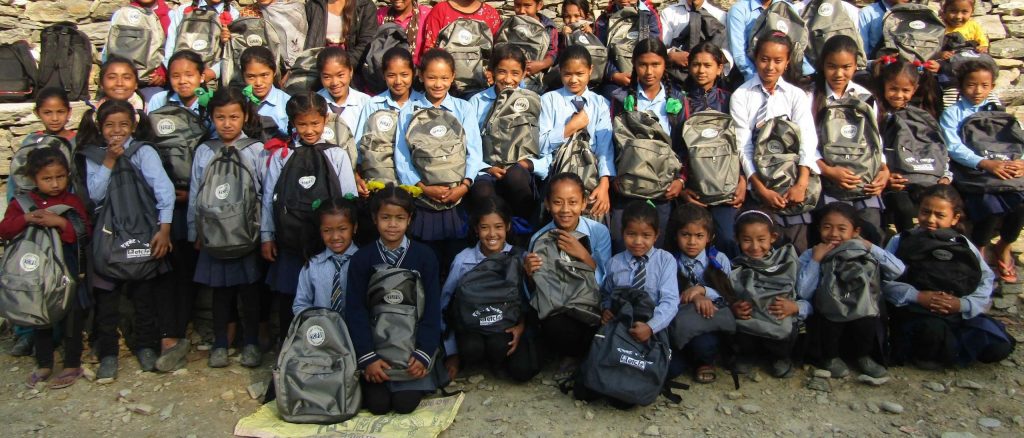
ETC’s Model for Lasting Change
According to the World Bank, Nepal’s per-capita GDP in 2019 was $1,071. However, in rural areas, income levels are much lower – many families subsist on a couple of hundred dollars per year, and are burdened by high-interest cyclical debt just so they can survive.
People in dalit (“untouchable”) and janjati (ethnic minority) communities are especially likely to be subject to poverty and exclusion, and within these groups, women are even more disadvantaged.
ETC’s time-tested, effective program model builds self-reliance in marginalized communities through programs that build skills and knowledge and foster sustainable improvements in standards of living. Specifically, we help women gain the skills and knowledge to earn more money, get and stay out of cyclical debt, and provide greater quantities of more nutritious food for their families. We also improve the quality of children’s educational experiences through teacher training, provision of useful educational and recreational materials, and physical improvements to the classrooms.
We involve the program participants all along – from planning to implementation and evaluation – so that we are sure to be providing the kind of support they really need and want, and so that they’ll feel a real sense of engagement with and ownership of the work.
Click below to learn more about our three mutually supportive program areas.